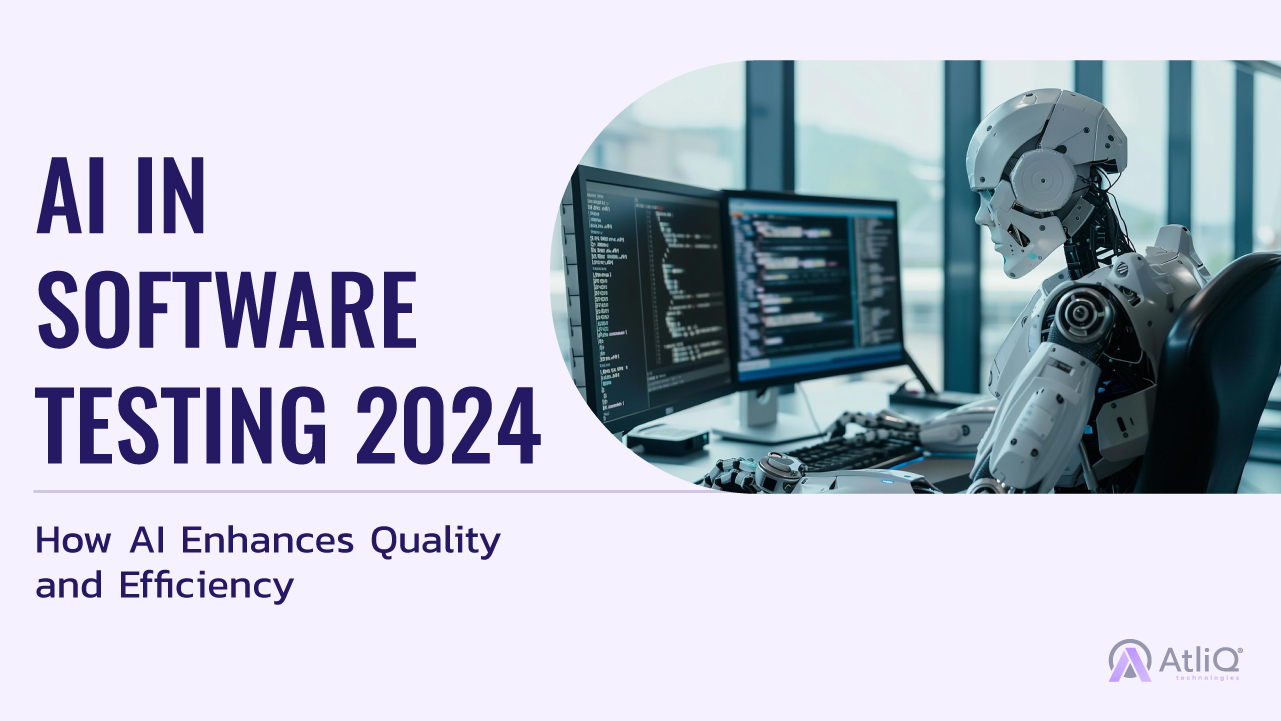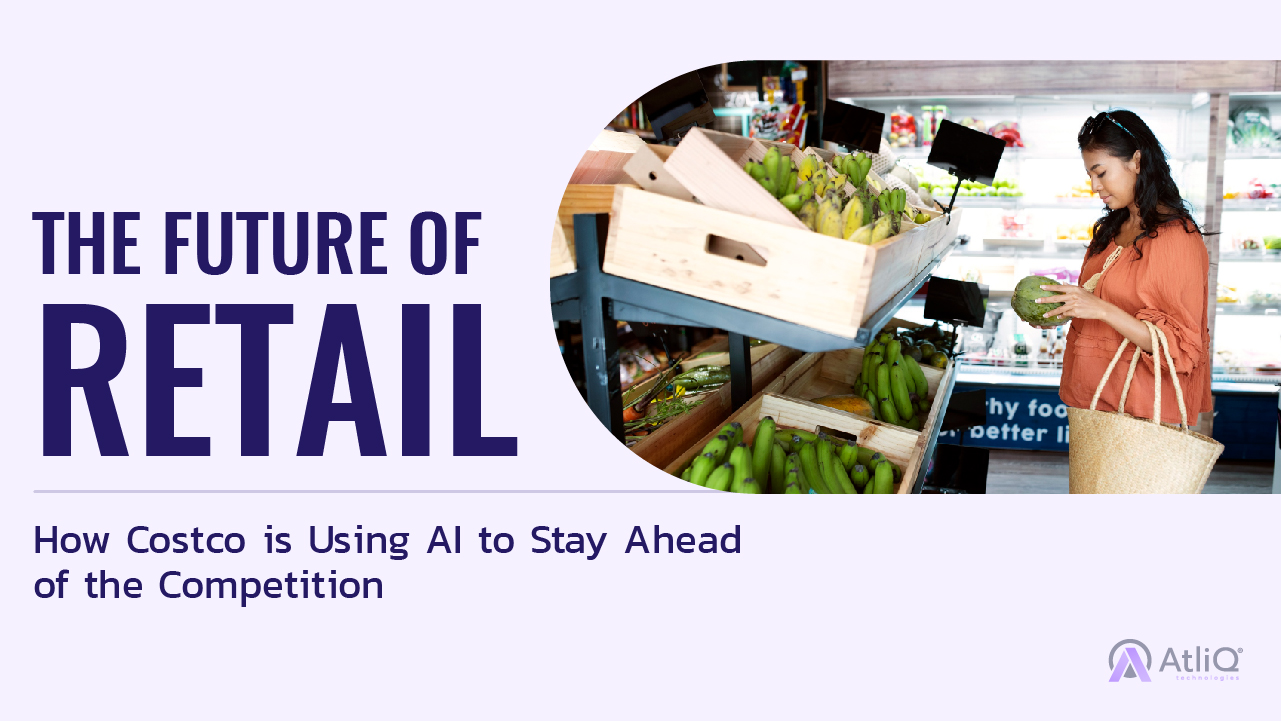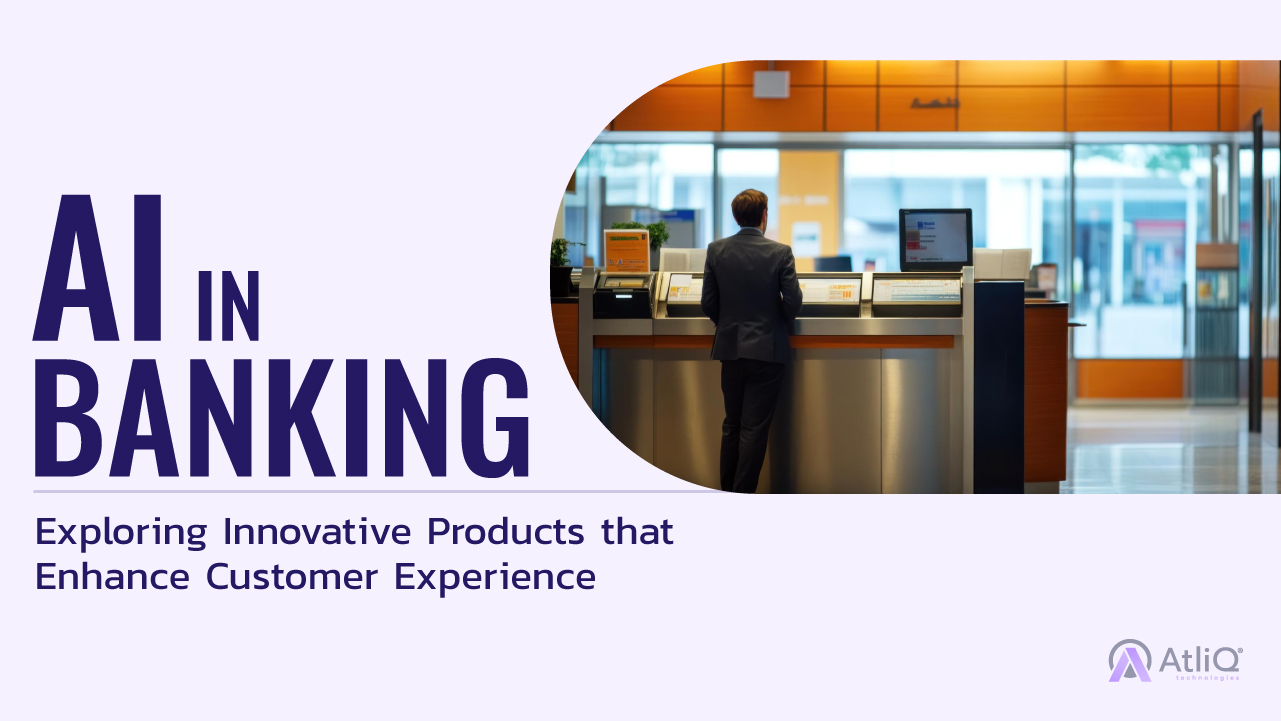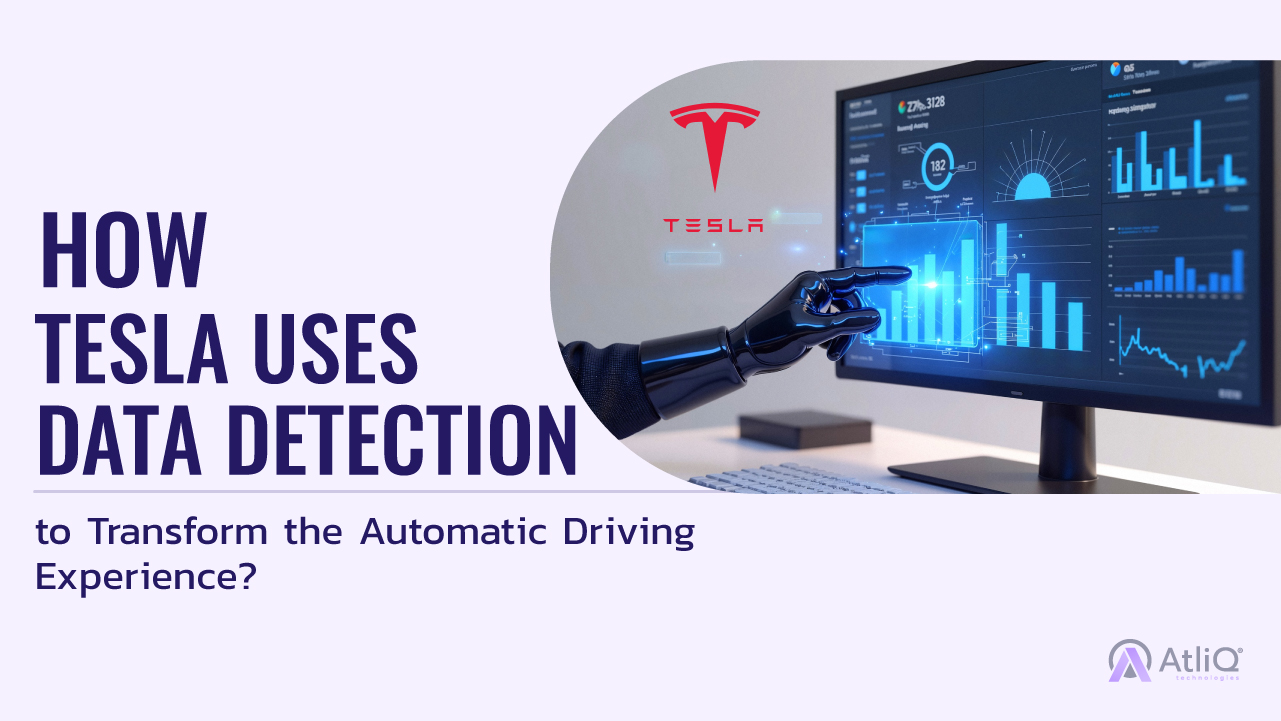
In the ever-evolving world of software development, staying ahead of the curve means embracing innovation at every turn. Enter AI—our digital ally in the quest for flawless software. As we race towards 2024, AI is not just an accessory but a game-changer in the realm of software testing. Imagine a world where bugs are nipped in the bud before they even surface, and testing processes run smoother than ever. Welcome to the future of software testing, where AI takes the spotlight, ensuring both quality and efficiency like never before. Buckle up as we explore how this cutting-edge technology is transforming the way we test, verify, and deliver software excellence.
The Evolution of Software Testing
- Traditional Methods: For decades, software testing has relied on manual processes and scripted test cases to ensure quality. Techniques such as unit testing, integration testing, and system testing have been staples in the testing toolkit. Testers meticulously execute test scripts, often repeating the same tests to verify software functionality and performance. While these methods have laid the groundwork for software quality assurance, they come with their own set of challenges.
- Limitations: Traditional software testing methods, although foundational, are not without their limitations. Manual testing is time-consuming and prone to human error, leading to inconsistent results and delayed feedback. The repetitive nature of manual tests can also stifle innovation, as testers may struggle to keep pace with rapid development cycles. Additionally, the sheer volume of test cases and scenarios often makes comprehensive testing impractical, resulting in potential gaps in coverage.
- Shift to AI: Enter AI—an innovation poised to revolutionize software testing. AI-driven tools leverage machine learning, natural language processing, and robotic process automation to streamline and enhance testing processes. Unlike their manual counterparts, AI systems can quickly analyze vast amounts of data, generate and execute test cases autonomously, and adapt to changing requirements with agility. This shift not only accelerates testing cycles but also increases accuracy, allowing teams to focus on strategic improvements and delivering high-quality software more efficiently.
AI Technologies Revolutionizing Software Testing
As AI continues to reshape the software development landscape, several key technologies are driving transformative changes in software testing. Here’s a closer look at how machine learning, natural language processing, robotic process automation, and deep learning are revolutionizing the field:
Machine Learning
Machine learning algorithms have become a cornerstone of AI in software testing, significantly enhancing both test case generation and execution. ML models analyze historical test data to identify patterns and trends, allowing them to generate new test cases that are more likely to uncover defects. This dynamic approach ensures that testing is not only more comprehensive but also adaptive to changes in the application.
- Test Case Generation: ML algorithms can automatically create diverse and relevant test cases based on historical data, reducing the manual effort involved in script creation. This leads to more thorough coverage and the ability to test a broader range of scenarios.
- Test Execution: Machine learning enhances the efficiency of test execution by predicting which tests are most likely to fail and prioritizing them accordingly. This focus on high-risk areas ensures that critical issues are addressed promptly, optimizing the overall testing process.
Natural Language Processing (NLP)
Natural Language Processing plays a pivotal role in improving test script creation and requirement analysis by bridging the gap between human language and machine understanding. NLP techniques help streamline the process of interpreting and transforming user requirements into actionable test cases.
- Test Script Creation: NLP tools analyze requirements documents, user stories, and other textual sources to automatically generate test scripts. This automation reduces the manual effort required to write and maintain test cases, improving consistency and accuracy.
- Requirement Analysis: NLP assists in extracting and clarifying requirements from natural language inputs, ensuring that test cases align closely with user needs. By understanding and interpreting user specifications, NLP tools help in creating more relevant and precise tests.
Robotic Process Automation (RPA)
Robotic Process Automation introduces a level of consistency and automation to testing processes that were previously labor-intensive and prone to human error. RPA uses software robots to automate repetitive and rule-based testing tasks, resulting in faster and more reliable execution.
- Automated Testing: RPA bots can execute predefined test cases consistently and without deviation, ensuring that tests are performed accurately every time. This consistency reduces variability and increases the reliability of test results.
- Consistency Across Environments: RPA tools can seamlessly integrate with various testing environments, performing tests across different platforms and configurations with the same level of accuracy, thus improving test coverage and reliability.
Deep Learning
Deep learning, a subset of machine learning, leverages complex neural networks to analyze and interpret large volumes of data. This technology is particularly effective in recognizing complex patterns and detecting anomalies that traditional methods might miss.
- Complex Pattern Recognition: Deep learning models excel in identifying intricate patterns within application data, which helps in detecting subtle bugs and performance issues. This capability is crucial for applications with large datasets or complex interactions.
- Anomaly Detection: Deep learning techniques are adept at recognizing deviations from expected behavior, allowing for the early detection of anomalies that could indicate potential defects or vulnerabilities. This proactive approach to issue detection enhances overall software quality.
Together, these AI technologies are not only enhancing the efficiency and accuracy of software testing but also enabling more sophisticated and adaptive testing strategies. As AI continues to advance, its role in software testing will become increasingly integral, driving improvements in quality assurance and paving the way for more robust and reliable software solutions.
Best Practices in Implementing AI in Software Testing
Implementing AI in software testing can significantly enhance efficiency and accuracy, but to achieve the best results, adhering to certain best practices is crucial. Here are key strategies to ensure successful integration:
- Align AI with Business Goals: Clearly define how AI will support your business objectives and improve testing outcomes. Aligning AI initiatives with strategic goals ensures that the technology delivers tangible benefits.
- Choose the Right Tools: Select AI tools that fit your specific testing needs. Evaluate options based on their capabilities, compatibility with existing systems, and ease of integration.
- Start with a Pilot Project: Begin with a small-scale pilot project to test the AI tools and processes before a full-scale rollout. This approach allows you to identify potential challenges and refine your strategy.
- Invest in Data Quality: Ensure that the data used to train AI models is accurate, relevant, and comprehensive. High-quality data is essential for developing reliable and effective AI solutions.
- Integrate AI Gradually: Implement AI tools gradually to minimize disruption. Start by automating repetitive tasks and progressively introduce more complex AI functionalities as you build confidence and expertise.
- Foster Collaboration: Encourage collaboration between testing, development, and AI teams. Effective communication and teamwork are vital for addressing issues, sharing insights, and optimizing AI implementation.
- Monitor Performance Continuously: Regularly track and evaluate the performance of AI tools. Monitor metrics such as test coverage, defect detection rates, and execution speed to ensure that AI is meeting your quality standards.
- Adapt and Evolve: Stay updated with advancements in AI technology and continuously adapt your strategies. Regularly refine your AI models and testing processes to leverage new features and improve efficiency.
- Provide Training and Support: Offer training for your team to effectively use AI tools and understand their capabilities. Providing ongoing support helps maximize the benefits of AI and ensures smooth adoption.
- Ensure Compliance and Security: Ensure that AI implementations comply with relevant regulations and security standards. Protect sensitive data and maintain privacy to build trust and avoid potential risks.
By following these best practices, you can successfully integrate AI into your software testing processes, driving improvements in quality, efficiency, and overall testing effectiveness.
Emerging Trends in AI for Software Testing
- AI-Driven Test Automation: Increasing adoption of AI for automating complex testing scenarios, enabling more sophisticated and adaptive testing strategies.
- Generative AI for Test Case Creation: Use of generative AI to automatically create and optimize test cases based on evolving requirements and historical data.
- AI-Powered Test Analytics: Enhanced analytics tools leveraging AI to provide deeper insights into test results, failure patterns, and software quality metrics.
- Self-Healing Test Automation: Development of self-healing test frameworks that automatically adjust test scripts in response to changes in the application, reducing maintenance efforts.
- Integration of AI with DevOps: Seamless integration of AI tools within DevOps pipelines to support continuous testing and continuous integration/continuous deployment (CI/CD) practices.
As we navigate the landscape of 2024, AI is emerging as a pivotal force in revolutionizing software testing. By harnessing the power of machine learning, natural language processing, robotic process automation, and deep learning, organizations can significantly enhance both the quality and efficiency of their testing processes. These AI technologies not only automate repetitive tasks and improve accuracy but also provide deeper insights and predictive capabilities that were previously unattainable.
The integration of AI in software testing promises a future where testing is more agile, comprehensive, and aligned with the rapid pace of technological advancement. As these innovations continue to evolve, they will reshape the way we approach quality assurance, driving more robust and reliable software solutions.
Embracing AI in your testing strategy is not just about keeping up with trends; it’s about positioning your organization for success in an increasingly complex digital world. By adopting these cutting-edge technologies, you can stay ahead of the curve, deliver superior software quality, and achieve greater operational efficiency.
The future of software testing is here, and it’s powered by AI.


